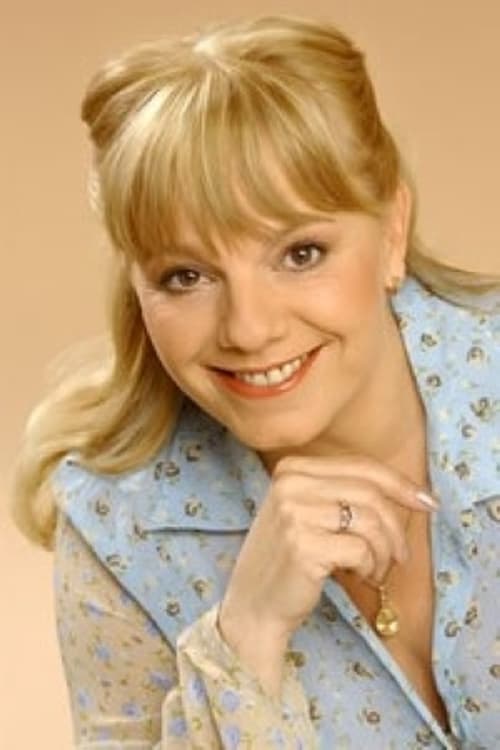Wild Mussels (2000)
Happiness is a foreign landscape
Genre : Drama
Runtime : 1H 55M
Director : Erik de Bruyn
Synopsis
A group of friends in their early twenties re-consider their boring lives in a sleepy fishing village in the Netherlands.

In May of 1983, a man turns 49 and, with his 17-year old son, journeys to the village in Baden that he left 40 years before. He wants to discover what happened then, the truth about an affair his mother had with a young Polish prisoner of war, how the authorities came to learn of it, the lovers' arrest, and the aftermath. While his son takes Polaroid photographs, he retraces the steps of his childhood and interviews those who should remember. The story is disclosed in flashbacks that focus on the lovers (Paulina and Stanislaus), on a jealous and conniving neighbor, and on Mayer, the local SS commander who wants to find a way out of inevitable consequences.

Johan and his family are Mennonites from the north of Mexico. Against the law of God and Man, Johan falls in love with another woman.

In search of a new lifestyle, Johannes and his wife Pernille leave the city and move with their two children to Johannes’ childhood town in the country. When Johannes’ drunken brother Lars accidently runs over Anna, a local, and plants false evidence pointing at the emigrant Alain, Johannes stands up to defend Alain. But it comes with a price.

In a small farming valley in Austria in the beginning of the 20th century a tyrannical farmer is found dead, and all the farmhands are relieved to be free of their tyrant. But the farmer was childless, so suddenly they all inherit the farm together. Now conflicts begin, as nobody is the boss and nobody has to obey.
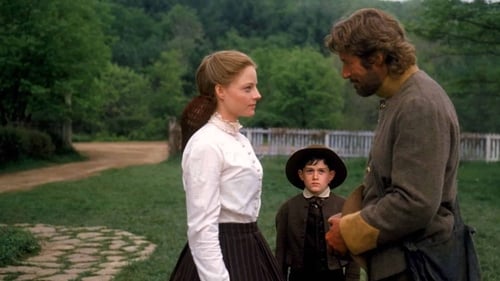
Set in the South just after the US Civil War, Laurel Sommersby is just managing to work the farm without her husband, believed killed in battle. By all accounts, Jack Sommersby was not a pleasant man, thus when he suddenly returns, Laurel has mixed emotions. It appears that Jack has changed a great deal, leading some people to believe that this is not actually Jack but an imposter. Laurel herself is unsure, but willing to take the man into her home, and perhaps later into her heart.
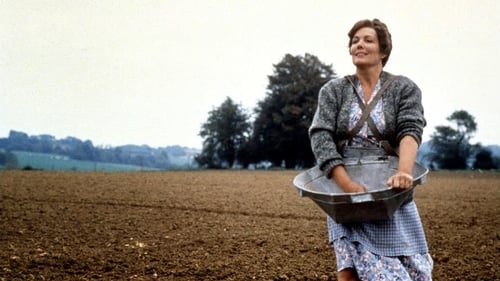
After World War II, Antonia and her daughter, Danielle, go back to their Dutch hometown, where Antonia's late mother has bestowed a small farm upon her. There, Antonia settles down and joins a tightly-knit but unusual community. Those around her include quirky friend Crooked Finger, would-be suitor Bas and, eventually for Antonia, a granddaughter and great-granddaughter who help create a strong family of empowered women.
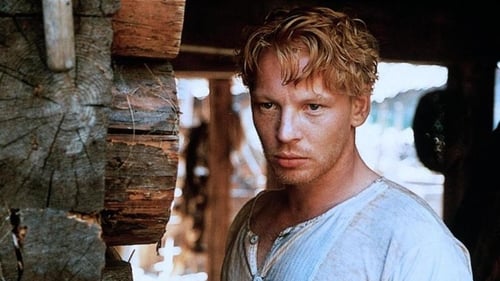
In the beginning of the 19th century, Johannes Elias Alder is born in a small village in the Austrian mountains. While growing up he is considered strange by the other villagers and discovers his love of music, especially rebuilding and playing the organ at the village church. After experiencing an "acoustic wonder", his eye color changes and he can hear even the most subtle sounds.

The unborn child of Mamlakat is telling her story. She is 17, beautiful and vivacious, and dreaming secretly of becoming an actress. She lives with her father and brother in a small village in Central Asia. One night she is seduced by an actor from a travelling troupe, who poses as a friend of Tom Cruise, and makes her pregnant. She tries to abort, but her father and brother become determined to find the seducer, setting in motion a cascade of comic adventures.
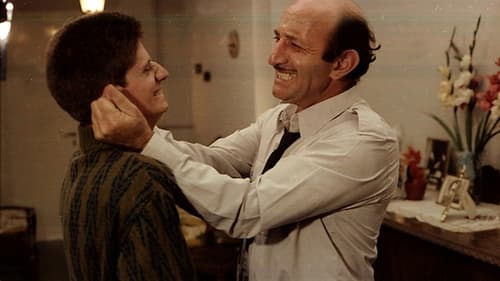
The most important political, post-military junta satire about the nation, the religion, the education, the family.

In the Greek village of Sugar Town, men have a serious problem. Women are fleeing the area in search of work or marriage in the big cities, leaving them behind - and lonely. Fully aware of the men’s dire situation, the astute mayor of Sugar Town promises to find them wives in Russia, as part of his re-election campaign. Against the odds and local traditions which frown upon mixed marriages, the bridegrooms from SugarTown set out on a great journey to find their future brides and happiness.

Breza, a country boy from a godforsaken Prekmurje village, wishes to perform at the village festivities playing his electric guitar, but is faced with fierce competition in the form of a traditional Roma band entertaining the villagers by playing popular folk music. Nevertheless, his music seems to be the key to the heart of Silvija, a village beauty and the daughter of a wealthy gastarbeiter from Switzerland, who was sent home to find a healthy Slovene husband. However, the story of Breza and Silvija only marks the beginning of the plot whose main character is actually Düplin, an eccentric outsider, a deaf-and-dumb tramp or, as Breza's mother, the old Popovka, a farm owner and a fortune-teller also referred to as Strina, called him "a lad from a citrus producing country".

A wealthy NRI falls hard for a country girl during a visit to his homeland.

As the most popular North Korean production of the 1980s, Bellflower earned lead actress O Mi-ran the honorific title "People's Actor." O's character, Jin Song Rim, strives to turn her humble mountain hometown of Pyokgye-ri into a model socialist village. Released when the economic foundations of the DPRK were starting to tremble, Bellflower praises the spirit of workers who accept their roles and work for the betterment of the nation. ~ Korea Society.

Pajo is a hardworking, lonely but also very rich farmer. His son Toma was, however, bored with country life and tried to seek fortune in the city. Short on money, Toma returns to the farm for a handout while Pajo tries to convince him to stay.

Fleeing heartbreak in the big city, Ichiko returns to Komori, her rural hometown. She battles summer's rain and humidity, bakes her own bread, grows hothouse tomatoes and tills the fields. During autumn, the time for pickling and preserving fish and sweet potatoes, Ichiko begins reaping rice and recalls her departure five years before.

It's about a little village in Switzerland, and about one guy who lives there since 32 years and doesn't know anyone there...

Girls in my Hometown, released in 1991, is a melodrama dealing with individualism and sacrifice. A young girl has a friend who has just come back from abroad, bringing with her foreign fashions and foreign ideas. When the solider to whom the friend was engaged becomes blinded in an accident, she decides to put herself first, neglecting her duties to her fiancé and the community she lives in.

Zaman is a sweet and sad story about love and devotion, hope and fear. Zaman (Sami Kaftan), and his wife, Najma (Shatha Salim), have built their happy life together in their house of reeds and, though childless, adopted a boy, Yacine (Hussein Imad), orphaned by the 1991 Gulf War. They have lived a quiet, contented existence until Najma falls ill. The local doctor tells them she needs surgery or some special medicine he does not have. And so Zaman sets off in his small boat and journeys up the Tigris to Baghdad in search of the precious cure. Thus begins the journey of salvation and discovery for "Zaman, the Man of the Reeds."

Honza Marak has long since abandoned a career in IT and has bought a cottage on the outskirts of a small village, where he’s settled in with his wife Marketa, daughter Anyna and son Sayen. He works in the woods as a forest labourer repairing roads and enclosures, cutting wood to sell and assisting the foresters. Marketa earns a living as a masseuse and alternative healer, making use of various mind-altering plants and mushrooms, which leads to conflict with the old inhabitants and eventually with drug enforcement. Daughter Anyna attends a distant school where her grades deteriorate as she wanders the woods learning from nature rather than from her textbooks.

In the main square of the town of Avila, everybody is celebrating the feast of Saint Eurosia, protector of earth's harvest. But something is happening in the village bar...







